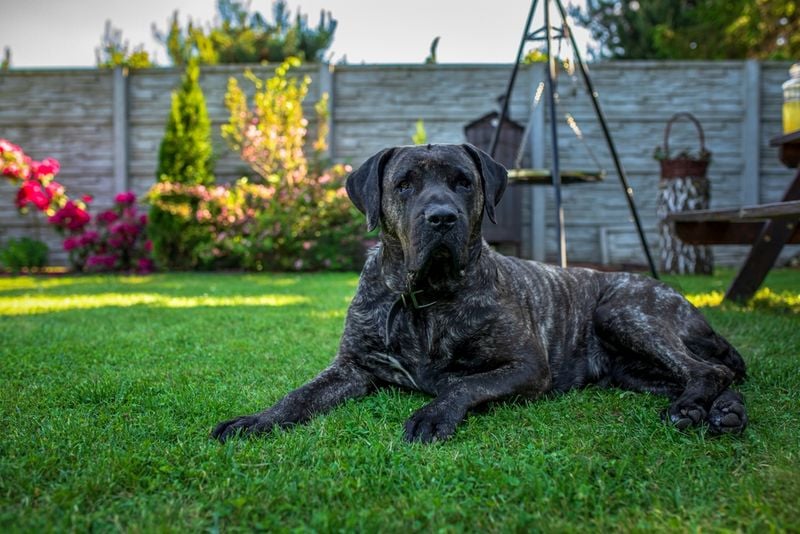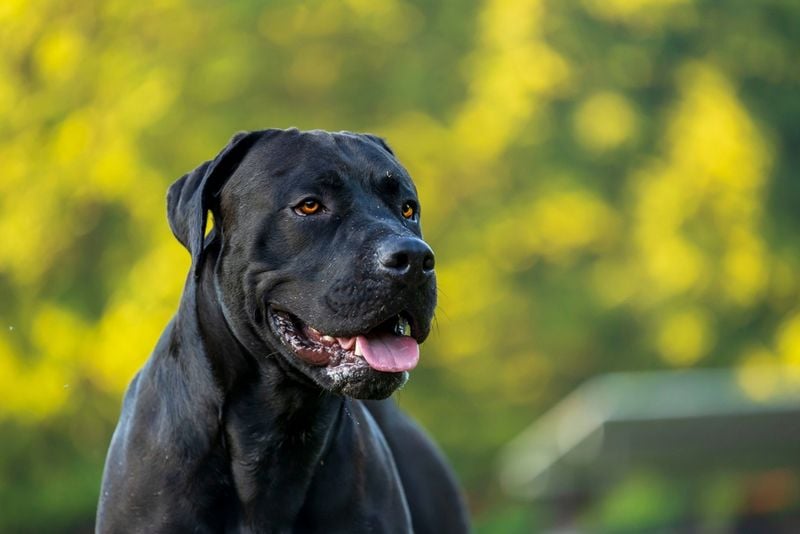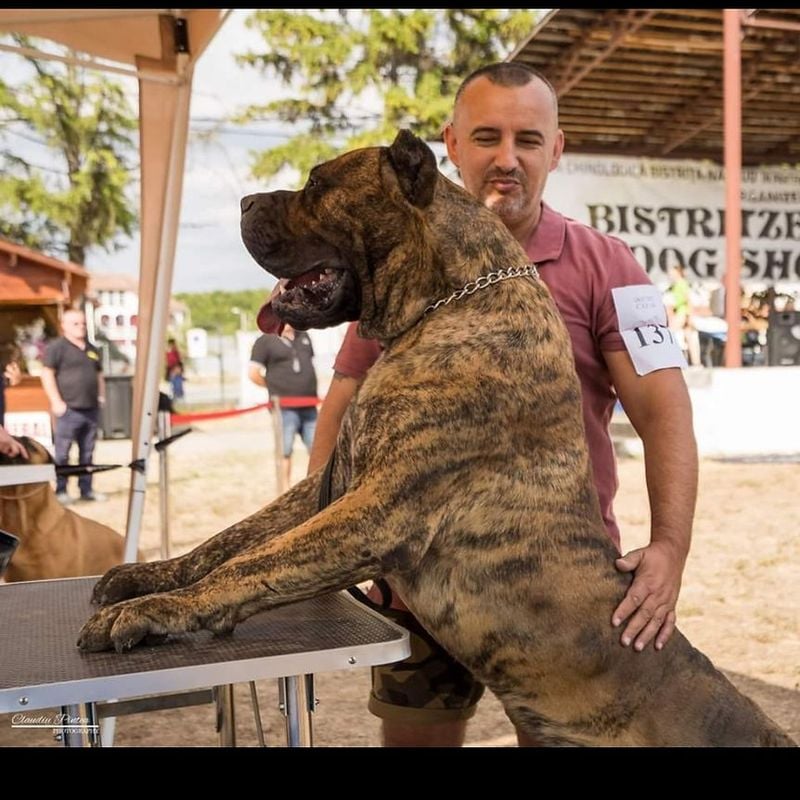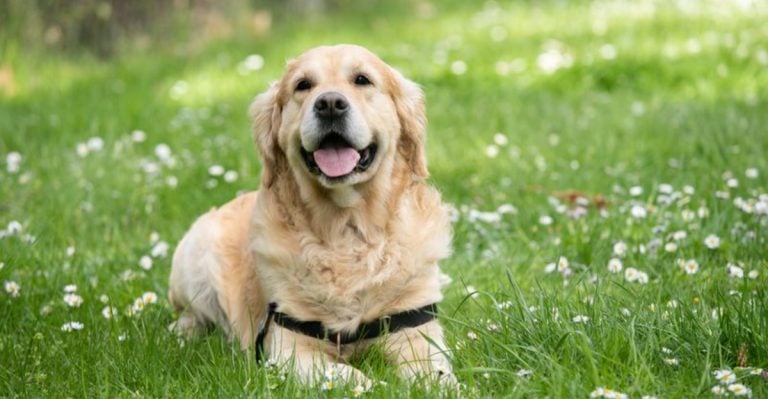Presa Canario Dog Breed Guide: Temperament, Training, Diet & More
The Presa Canario isn’t your average dog.
Towering in presence and brimming with confidence, this majestic Molosser breed from the Canary Islands has earned a reputation as a formidable protector, a loyal guardian, and a breed best left to those who truly know dogs.
With its muscular frame, calm demeanor, and deep-set watchful eyes, the Presa Canario doesn’t just live in a home—it patrols it, protects it, and becomes an integral part of the family it bonds with.
But don’t let its strength and stoicism fool you—this is a dog that thrives on structure, purpose, and a deep relationship with its handler. Owning a Presa Canario is not about simply feeding, walking, and occasionally tossing a ball.
It’s about commitment, daily mental and physical engagement, and establishing clear boundaries and trust from the moment they step into your life.
This isn’t a breed for everyone. The Presa Canario requires experienced hands—those who can lead with calm assertiveness, provide consistent training, and understand the unique needs of a guardian breed with strong instincts.
Improper handling or neglect can turn this impressive dog into a challenge, or worse, a liability. If you’re considering bringing one of these noble dogs into your life—or already have—you’re in the right place.
This guide will break down everything you need to know about the correct keeping and care of the Presa Canario: from diet and grooming to training, socialization, and legal considerations.
When raised correctly, the Presa Canario becomes more than a pet—it becomes a partner.
1. Breed Overview
The Presa Canario, also known as the Perro de Presa Canario, hails from the Canary Islands and was originally bred for working livestock and guarding property.
Its roots as a protector run deep, and it shows in the breed’s natural confidence and physical power.
These dogs are known for being calm yet assertive, and they tend to form strong bonds with their primary caretakers. While loyal and affectionate with family, they’re naturally suspicious of strangers—making early and consistent socialization vital.
Due to their dominant nature, they’re best suited for experienced owners who understand canine behavior and leadership.
2. Ideal Living Environment
The Presa Canario needs space—both for physical activity and mental well-being. A large, securely fenced yard is ideal, as this breed doesn’t thrive in confined spaces like apartments.
They can adapt to indoor life, but only when their outdoor exercise and stimulation needs are fully met.
Fencing must be high and secure to prevent escape attempts. Inside, they enjoy lounging but should never be left unsupervised with guests or children they don’t know well.
3. Diet & Nutrition
Feeding a Presa Canario means balancing quality with quantity. Their large size and high muscle mass demand a protein-rich diet, ideally tailored for large breeds with joint support and controlled calories.
Puppies should be fed a large-breed puppy formula to prevent rapid growth, which can strain developing joints. Adults benefit from two measured meals per day rather than free feeding to avoid bloat and weight gain.
Treats should be limited and healthy—think raw vegetables or freeze-dried meat over calorie-laden biscuits. Always provide fresh water.
4. Grooming & Hygiene
Despite their rugged look, Presa Canarios are relatively low-maintenance when it comes to grooming. Their short coat requires only weekly brushing to remove loose hair and keep their skin healthy.
Bathing is needed only every 6 to 8 weeks unless they get especially dirty. Overbathing can strip essential oils from their coat, leading to dryness and irritation. Always use a gentle, dog-specific shampoo.
Regular ear checks, nail trims, and dental care round out their hygiene routine. Start these habits early so your dog learns to tolerate grooming calmly.
5. Exercise & Mental Stimulation
Presa Canarios are powerful athletes who need daily physical and mental exercise. Without it, boredom and frustration can quickly lead to destructive or even aggressive behavior.
Aim for at least 60–90 minutes of activity daily, including long walks, playtime in a secure yard, or structured training sessions. These dogs also benefit from jobs or tasks—think scent games, obedience work, or pulling weight sleds.
Mental stimulation is just as important. Puzzle toys, food-dispensing balls, and new training challenges keep their sharp minds engaged.
6. Training & Socialization
Training a Presa Canario is non-negotiable—it’s a cornerstone of responsible ownership. These dogs are intelligent and capable but can also be willful, especially if they sense inconsistency or hesitation from their handler.
Start training and socialization as early as 8 weeks old. Introduce them to various people, sounds, animals, and situations in a controlled, positive way. Consistent, firm—but not harsh—training using rewards and clear boundaries works best.
Obedience classes, daily commands, and leadership structure will help your Presa thrive. Without structure, this dominant breed can become difficult or even dangerous.
7. Health & Veterinary Care
Presa Canarios are generally healthy but prone to some large-breed concerns. Hip and elbow dysplasia, entropion (an eyelid issue), and gastric torsion (bloat) are among the most common risks.
Preventative care matters. Regular vet checkups—ideally twice a year—can help spot problems early. Keep them up-to-date on vaccines, flea/tick preventatives, and routine blood work, especially as they age.
It’s also wise to consider pet insurance due to the potential costs of treating breed-specific issues.
8. Safety & Legal Considerations
Because of their size, strength, and guarding instincts, Presa Canarios are often subject to breed-specific legislation in various regions. Some areas require muzzling in public, liability insurance, or may ban them altogether.
Always leash your Presa in public and never leave them unsupervised with strangers. A strong fence—tall, locked, and escape-proof—is essential at home.
Before adopting, check your local laws and housing policies. Many homeowners’ insurance policies exclude certain breeds, so make sure you’re fully covered to avoid future headaches.
9. Ownership Responsibilities
Owning a Presa Canario is more than a title—it’s a daily responsibility. These dogs demand time, attention, and consistent guidance to remain balanced and well-behaved.
They aren’t the type of breed you can ignore for a few days and expect everything to be fine. Without stimulation, leadership, and proper interaction, they can become anxious, aggressive, or destructive.
If you’re not prepared to put in the effort every single day—training, exercising, supervising, and bonding—it’s best to consider a different breed.
With the right care, though, a Presa Canario is one of the most loyal and rewarding companions you’ll ever meet.















